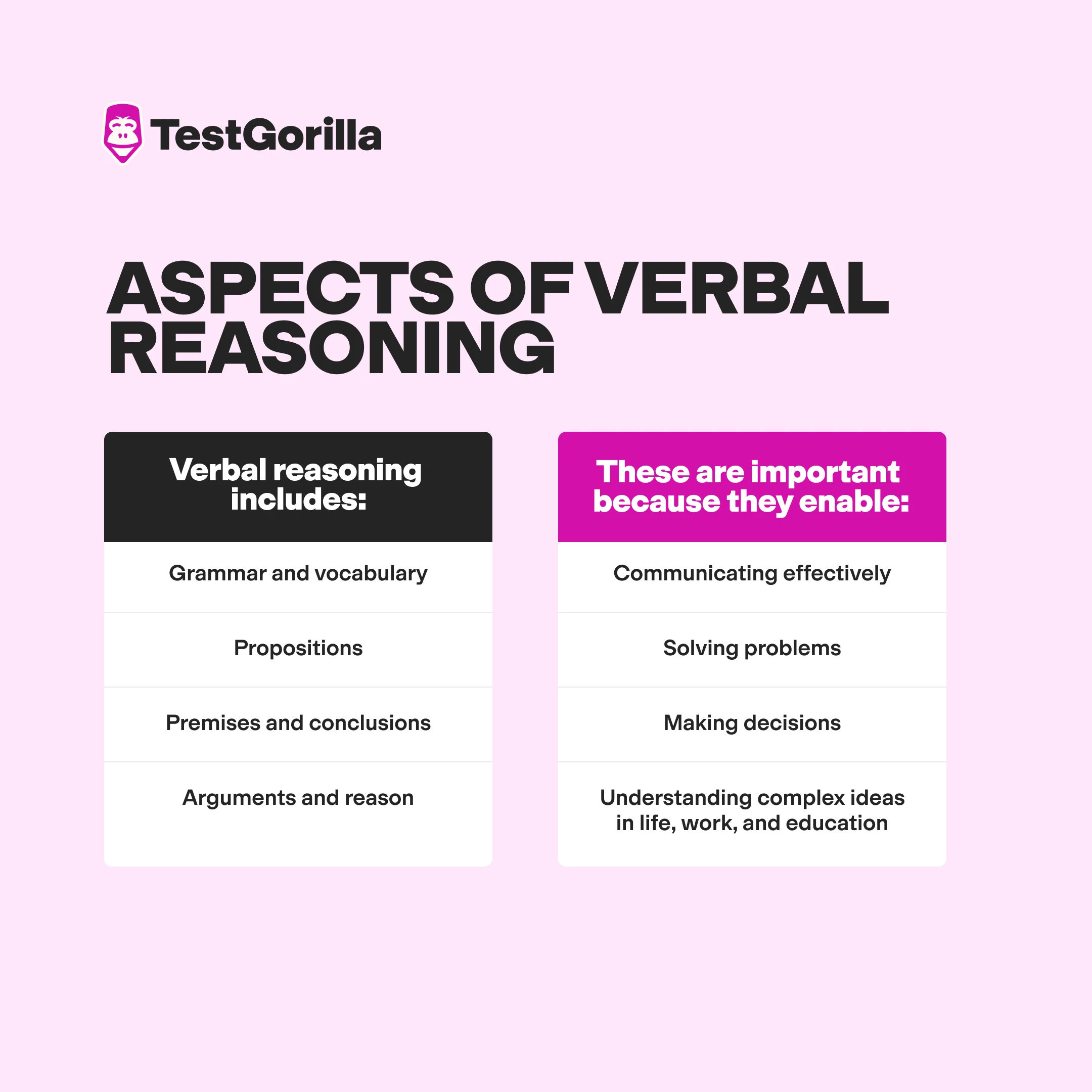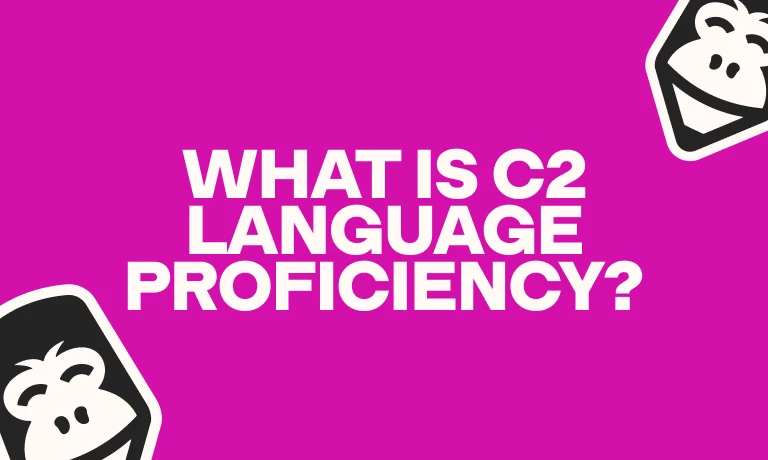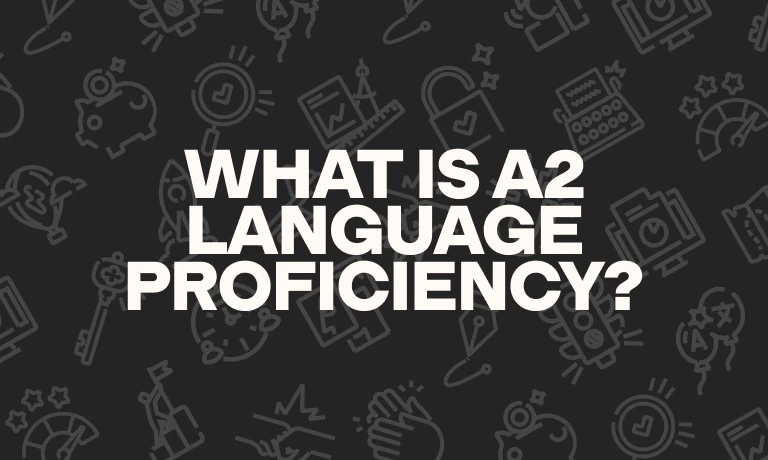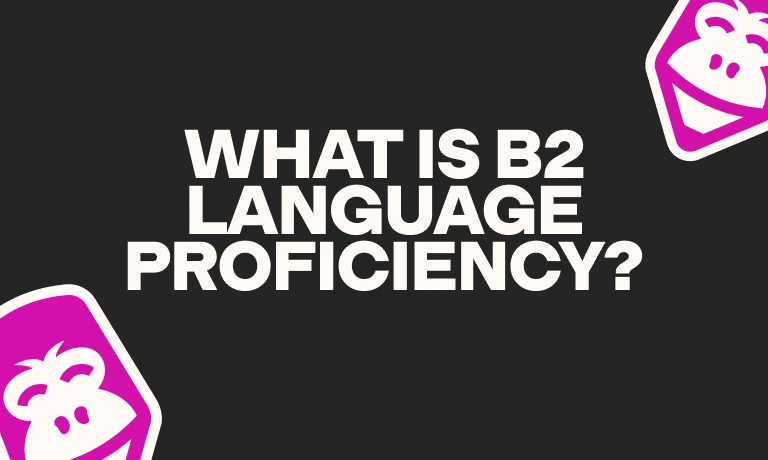What is verbal reasoning, and when should you assess this skill for job candidates?
Try the best verbal reasoning software for hiring
Hiring the perfect candidate isn’t easy. You can’t glean a candidate’s full capability from their resume, which leads to interviewing the wrong applicants. Worse, you could be missing out on job seekers with the exact reasoning skills you’re looking for.
Why is verbal reasoning so important? Because it impacts every aspect of the workplace, including communication, problem-solving, and teamwork.
Below, we discuss what verbal reasoning is and how to test for it. Plus, we also discuss how to hire well-rounded candidates with top verbal reasoning skills more easily than ever.
Table of contents
What is verbal reasoning?
Verbal reasoning is the ability to understand and reason using concepts in words, whether written or spoken. Beyond just language fluency or the use of vocabulary, verbal reasoning includes the capability to evaluate ideas and think critically about information.
Aspects of verbal reasoning | How they impact the workplace |
Grammar and vocabulary | Effective communication within and across teams |
Propositions | Solving big problems |
Premises and conclusions | Critical decision making |
Arguments and reason | Understanding complex ideas |
There are multiple aspects of verbal reasoning, the most important of which are:
Grammar and vocabulary: Grammar refers to the structure and rules of language, such as the construction of sentences or the use of punctuation. Vocabulary is how someone understands and uses words.
Propositions: A proposition is a statement that can be assessed factually. That is, it can be either true or false and can be tested accordingly. An example of a proposition could be, “A hybrid schedule makes employees more productive.”
Premises and conclusions: Premises are ideas that offer reasoning or evidence, and the conclusion is what logically follows. For instance, the premise may be, “All software developers can code. Jim is a software developer,” and the conclusion is that, therefore, Jim can code.
Arguments and reason: An argument includes one or more premises pulled together to support a conclusion. Typically, these serve to prove a point or persuade the audience. Reason, then, is the process by which someone thinks about a premise or argument to assess its validity and reach a conclusion.
Start testing for candidates with exceptional verbal reasoning skills
Find candidates with a strong capability to understand, process, and analyze written information with TestGorilla’s skill tests.
Why is verbal reasoning important?
Verbal reasoning is important because it directly affects how individuals perform in any workplace that requires skills in communication, logic, analysis, or decision-making.
Each aspect of verbal reasoning impacts the workplace in different ways, including:
Communicating effectively. Salespeople and account managers leverage verbal reasoning skills to understand and overcome objections, effectively negotiate, and win deals.
Solving problems. Managers can assess the team’s performance and determine logical steps to improve productivity.
Making decisions. Data analysts use verbal reasoning skills to understand a premise and work with the data required to come to a conclusion.
Understanding complex ideas in life, work, and education. An attorney with strong verbal reasoning skills is better able to understand previous cases and craft courtroom arguments.
When hiring, try to fill any role requiring an advanced level of reading or writing (e.g., analyzing reports, synthesizing insights gleaned from data, or evaluating textual information) with a candidate who has strong verbal reasoning skills. Such roles include:
Business analysts
Account managers
Examples of verbal reasoning | How they’re used on the job |
Reading and gaining insights | Understanding a passage of text like a report, case study, or a complex project |
Communication with customers, peers, subordinates, and managers | Developing compelling, understandable presentations and pitch decks |
Writing in a professional manner | Writing blog posts or other marketing content using analogies, synonyms, antonyms, and context |
Presentation and facilitation skills | Using logical reasoning to discuss products and services with current and potential clients and customers |
What is a verbal reasoning test, and where can you encounter one?
To ensure you hire employees with strong verbal reasoning, administer a verbal reasoning test as part of the hiring process. What is a verbal reasoning test?
It’s a type of test often used in educational and employment settings (such as a business looking to hire candidates for an open role or a university running the admissions process) to measure a candidate’s verbal reasoning abilities, specifically verbal agility, during the recruitment process.
This type of test measures the test-taker’s ability to reason, comprehend, think critically, and express themselves verbally or in writing.
Use TestGorilla to unlock the power of talent assessments. Sign up free today.
Verbal reasoning question examples
Verbal reasoning tests help determine the verbal agility of a candidate. Verbal skills include understanding the meaning and opposite meaning of written words and being able to put them down in writing as well. Various types of verbal reasoning questions assess a candidate’s ability to:
Identify relationships between words
Replicate words with scenarios
Answer “true,” “false,” and “cannot say” questions
A few examples of verbal reasoning test multiple-choice questions and answers include:
1. Question: Determine the logical relationship between the words in bold below, and then choose the pair of words that follows the same logic.
Inferior: Substandard
Answer Choices: Friend: Foe / Polite: Courteous / Smart: Shabby / Empty: Full
2. Question: Determine the logical relationship between the words in bold below, and then choose the pair of words that follows the same logic.
Fast: Slow
Answer Choices: Above: Over / Jump: Hop / Smile: Laugh / Top: Bottom
3. Reading comprehension and logic questions, such as the following example from our Verbal Reasoning test:
How to calculate the score
Research has found that verbal reasoning aptitude tests provide strong insight into an individual’s current cognitive functioning. These tests typically measure a candidate’s ability to:
Comprehend information. Interpreting oral and written information, letter sequences, and inferences in a limited amount of time.
Use reason and draw a logical conclusion. A verbal reasoning test does this better than reading a resume or conducting an interview.
Professionally express their thoughts in a clear manner. Clarity of thought leads to clarity of communication.
To score a verbal reasoning test, calculate the percentage of correct answers the test-taker achieved; this is their overall score. The higher the score, the more likely the candidate exhibits strengths in communication, comprehension, and drawing accurate conclusions.
However, it's also important to take into consideration how each individual scores relative to others rather than assigning a simple pass/fail. For instance, a candidate who answered 80% of the questions correctly may not be as strong as one who scored 90%.
Start screening for crucial verbal reasoning skills
Access the best cognitive skills assessment with TestGorilla’s comprehensive library, covering everything from verbal reasoning to problem-solving capabilities.
The best insights on HR and recruitment, delivered to your inbox.
Biweekly updates. No spam. Unsubscribe any time.
Hire candidates based by combining verbal reasoning with other skills tests
Our Verbal Reasoning test evaluates candidates’ ability to recognize logical relationships between words and draw accurate conclusions, enabling you to assess their analytical skills with example questions like the one below:
The Verbal Reasoning test provides a glimpse into how well a candidate might craft compelling presentations or negotiate with vendors, but it doesn’t paint the full picture.
Instead, consider combining several tests to reveal as much pertinent information as possible. An analysis of personality and behavioral traits is critical in determining how a person interacts in the workplace, and companies should assess these traits to make the best hire.
However, it’s imperative to avoid undue bias and instead focus on objectivity.
TestGorilla offers several types of psychometric tests developed by subject matter experts and scored by objective parties to drastically reduce the risk of bias or subjectivity. With tests spanning several roles, skill sets, and traits, you can find every test you need on a single platform.
Some of the most helpful tests include:
Role-specific skills tests, which evaluate a candidate's ability to perform the essential functions of the job.
Cognitive tests, which go beyond verbal reasoning skills to assess skills like attention to detail, math knowledge, spatial reasoning, and more.
Critical thinking tests, which assess a candidate’s ability to understand premises and follow them to a logical conclusion.
To see more practice questions from the Critical Thinking test, click here.
Real-life companies benefit from combining verbal reasoning skills tests with other assessments. An example is EXOGROUP, a collective of online monetization companies. After realizing its sales team hiring process was longer than desired, the company shifted to TestGorilla’s test library to improve hiring.
Using a combination of critical thinking, account management, and negotiation assessments, EXOGROUP found a way to more seamlessly understand candidates’ skills and talents.
Since working with TestGorilla, EXOGROUP’s hiring process has been much faster and has seen an increase in candidate engagement.
With more candidates completing the assessments, EXOGROUP can choose from a bigger slate of top candidates and continue building a top-tier sales team. If you want to experience these benefits for yourself, TestGorilla’s product tour is a great place to start.
Why you should use TestGorilla’s verbal reasoning test
Many providers offer a verbal reasoning test, but we have a specific set of benefits that makes our test effective.
Our test is made by a subject-matter expert. We assess potential subject-matter experts on their cognitive abilities, general knowledge, and skills. Before we add it to our test library, another expert conducts a peer review, and then the test is calibrated using hundreds of test-takers who have experience with the subject. Once a test is added to our test library, we use various feedback mechanisms to continuously improve it over time.
The TestGorilla platform is user-friendly. Our platform is easy-to-use and automates much of the screening process to give you more time to find and assess your top candidates.
TestGorilla creates a positive candidate experience. Our tests are delivered through our candidate-friendly platform. Usually, candidates aren’t too fond of tests because they’re clunky and not a good way to show their skills. But our tests are easy to use and give the candidates a chance to prove themselves.
The TestGorilla platform is data-driven. We rank your candidates according to their scores on our expert-made tests, so your HR teams can rely on data to make decisions instead of assessing candidates according to “gut feeling.” We also provide several benchmarks so you can see how your test-takers’ scores compare with others who have taken the test.
Visionaries FZ-LLC, a game studio in Dubai, realized these benefits when it engaged TestGorilla to better identify and engage top talent. Although the company had previously relied on recommendations and interviews, this resulted in a lengthy hiring process and sometimes even poor hiring decisions.
By implementing pre-employment skills testing, Visionaries reduced its hiring process to four short steps: finding candidates, a quick chat, TestGorilla's assessments, and an interview for those who scored at least 80% on the assessments. Ultimately, this saved 15 hours per hire.
Getting started with TestGorilla is 100% free. Just sign up and see a verbal reasoning sample test in action.
Benefit of verbal reasoning tests | How it helps |
Learning and development | See where a candidate scores highest and lowest, then use that information to craft an onboarding and training plan |
Reduce time-to-hire | Offer tests online and at scale, so you can narrow down your search for the perfect candidate and eliminate unqualified candidates early in the hiring process. |
Identify good candidates for customer-facing roles | Ensure candidates for roles that require dealing with customers daily (customer support, client relations, account management) can understand your product or service and convey that information to customers. |
Start assessing verbal reasoning today to improve your screening process
Employees with strong verbal reasoning skills can communicate effectively with colleagues or clients, solve complex problems, and make business-critical decisions – skills that are required in virtually every organization.
Given resumes are notoriously unable to accurately prove skills and predict performance, employers should replace them with verbal reasoning tests to better understand how candidates measure up, ultimately selecting the best person for the role.
If you want to learn more, read about how skills-based hiring can help you identify better candidates while streamlining the hiring process and removing unconscious bias.
Sign up for a Free forever plan to use essential free tests like our Communication skills test.
Or take a product tour to learn more about our talent assessments, then book a live demo for guidance on creating the best verbal reasoning assessment.
What is verbal reasoning? Frequently asked questions
Although you’re now clear on the answer to “What is verbal reasoning,” you may still be wondering about a few other frequently asked questions. We’ve got you covered.
What is the difference between verbal and non-verbal reasoning?
Simply put, verbal reasoning is related to words, while non-verbal reasoning is related to pictures. Verbal reasoning refers to the use of the English language, whether written or spoken, to comprehend and critically think about ideas and derive meaning. Non-verbal reasoning, on the other hand, is related to using images or diagrams to understand and solve problems.
What does it mean to have good verbal reasoning?
Even if you know the verbal reasoning meaning, it can be hard to know exactly what good critical reasoning looks like. Someone with good verbal reasoning skills is able to effectively understand and evaluate ideas, communicate them with others, and make sound decisions based on logic. This leads to higher performance and better teamwork in the workplace.
You've scrolled this far
Why not try TestGorilla for free, and see what happens when you put skills first.





















